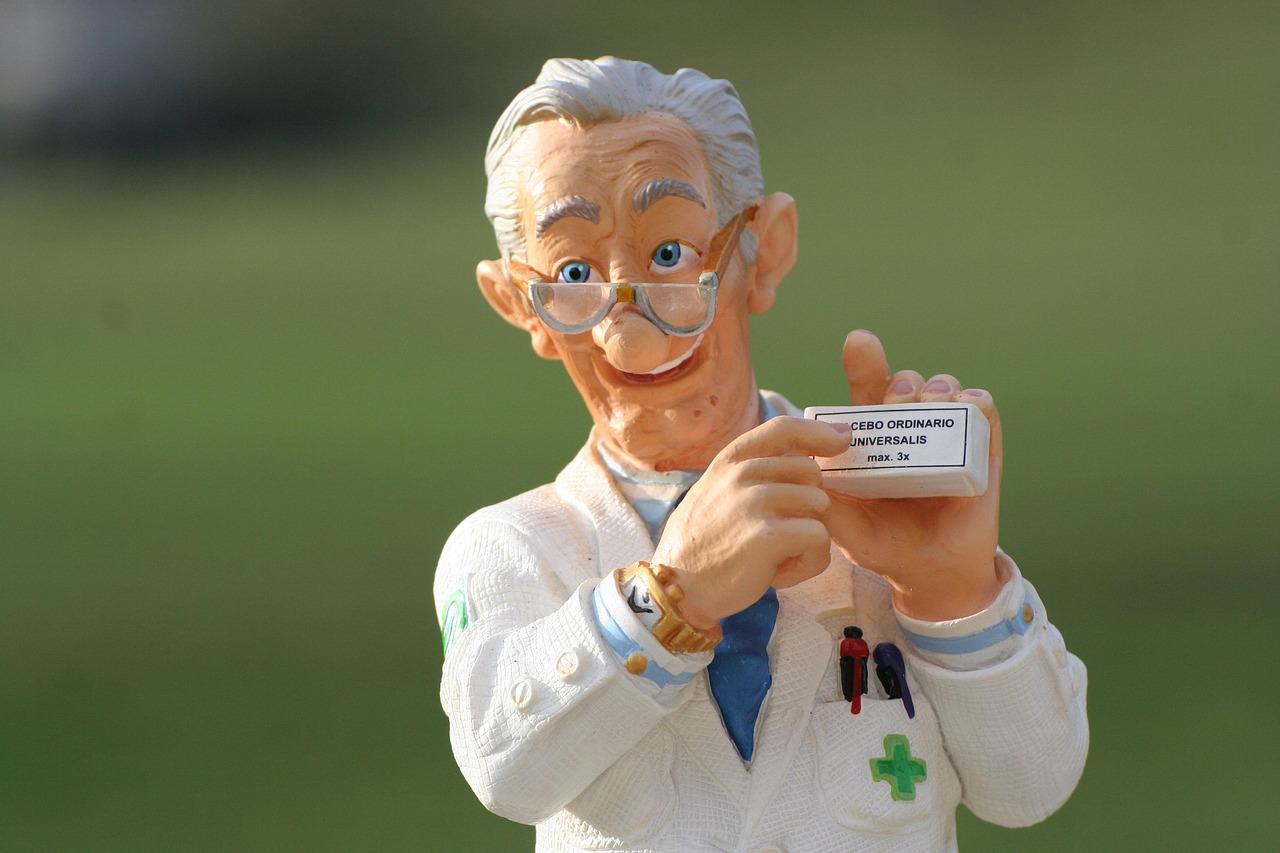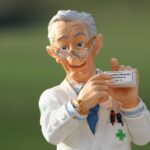Obsessive-compulsive disorder (OCD) can significantly disrupt daily life through unwanted thoughts and repetitive behaviors. Effective treatment options do exist and often involve a combination of medication and psychotherapy. The most evidence-based approach for managing OCD symptoms is exposure and response prevention therapy, sometimes paired with medication to reduce symptom severity.
Diagnosing OCD can be challenging due to symptom overlap with other mental health conditions, but accurate diagnosis is crucial for effective treatment. When properly treated, many individuals experience meaningful symptom reduction that improves quality of life.
Understanding the variety of treatment options available helps those affected and their loved ones make informed decisions. This article explores the key therapies and medications that have been shown to provide relief for people living with OCD.
Overview of OCD Treatment
Effective treatment for OCD involves a combination of specialized therapies and, in many cases, medication. Therapy focuses on reducing the impact of obsessions and compulsions, while medications aim to balance brain chemistry. Success varies based on individual factors, including symptom severity and treatment adherence.
Types of OCD Therapy
The primary therapeutic approach for OCD is Cognitive Behavioral Therapy (CBT) with a focus on Exposure and Response Prevention (ERP). ERP gradually exposes patients to anxiety-provoking triggers while preventing compulsive behaviors, helping reduce the cycle of obsessions and compulsions.
Other therapies include Acceptance and Commitment Therapy (ACT), which incorporates mindfulness to help patients accept their thoughts without acting on them. Cognitive restructuring is sometimes used to challenge and change inaccurate beliefs related to the disorder.
Therapies are typically conducted by professionals trained in OCD treatment. Self-help methods may support but not replace therapist-guided interventions.
Medication Options
Medications for OCD generally include Selective Serotonin Reuptake Inhibitors (SSRIs), such as fluoxetine, sertraline, and fluvoxamine. These drugs increase serotonin levels in the brain, which can reduce OCD symptoms.
In some cases, tricyclic antidepressants, like clomipramine, are prescribed when SSRIs are less effective. Medication must be carefully managed due to possible side effects and the need for appropriate dosages.
Medication alone may not fully eliminate symptoms but is often most effective when combined with psychotherapy.
Treatment Effectiveness
Treatment success depends on early diagnosis, the suitability of the therapy, and patient commitment. ERP-based CBT consistently shows high effectiveness in reducing OCD symptoms.
Medication can enhance therapy outcomes, especially in moderate to severe cases. Some patients achieve significant improvement, while others may experience residual symptoms requiring ongoing management.
Combining approaches often provides the best results. Monitoring and adjusting treatments over time is essential to address changing needs or comorbid conditions.
Choosing the Right OCD Treatment Plan
Selecting an effective treatment plan for OCD requires careful consideration of several key factors. These include the individual’s unique symptoms, personal preferences, and how different therapies can work together. Treatment is not a one-size-fits-all process but tailored to maximize symptom reduction and improve quality of life.
Individualized Approaches
Treatment plans must be tailored to the specific needs and circumstances of each person living with OCD. This involves assessing symptom severity, types of obsessions and compulsions, and any co-occurring conditions, such as anxiety or depression.
Therapists often use detailed evaluations to identify the most suitable interventions. For some, exposure and response prevention (ERP) therapy is the primary approach, while others may benefit more from medication or supportive psychotherapy. The goal is to design a plan that fits the individual’s lifestyle, motivation, and treatment history.
Regular monitoring and adjustments are important to ensure ongoing effectiveness. Flexibility allows clinicians to respond to changes in symptoms or treatment response over time.
Factors Influencing Treatment Selection
Several key factors impact the choice of OCD treatment. These include:
- Symptom type and severity: Severe or treatment-resistant OCD may require combined or intensive therapies.
- Previous treatment responses: History of medication effectiveness or therapy adherence guides planning.
- Coexisting disorders: Conditions like depression or anxiety may necessitate integrated treatment strategies.
- Patient preference: Willingness to engage in exposures or use medications affects choices.
- Accessibility: Availability of qualified therapists and medications can limit options.
These factors ensure that treatment is both practical and effective. Collaboration between patient and provider supports informed decisions based on these elements.
Combining Therapies
Combining therapies often offers the best chance for symptom control. A typical plan might include ERP therapy alongside selective serotonin reuptake inhibitors (SSRIs).
Medication can reduce symptom intensity, making it easier to engage in behavioral therapies. Conversely, therapy can help develop coping strategies that medication alone may not provide. Some patients also benefit from adjunctive treatments like cognitive therapy or newer approaches such as transcranial magnetic stimulation (TMS).
Careful coordination between providers helps optimize timing and dosage. This integrated strategy can lead to greater symptom reduction than any single treatment on its own.









Leave a Reply